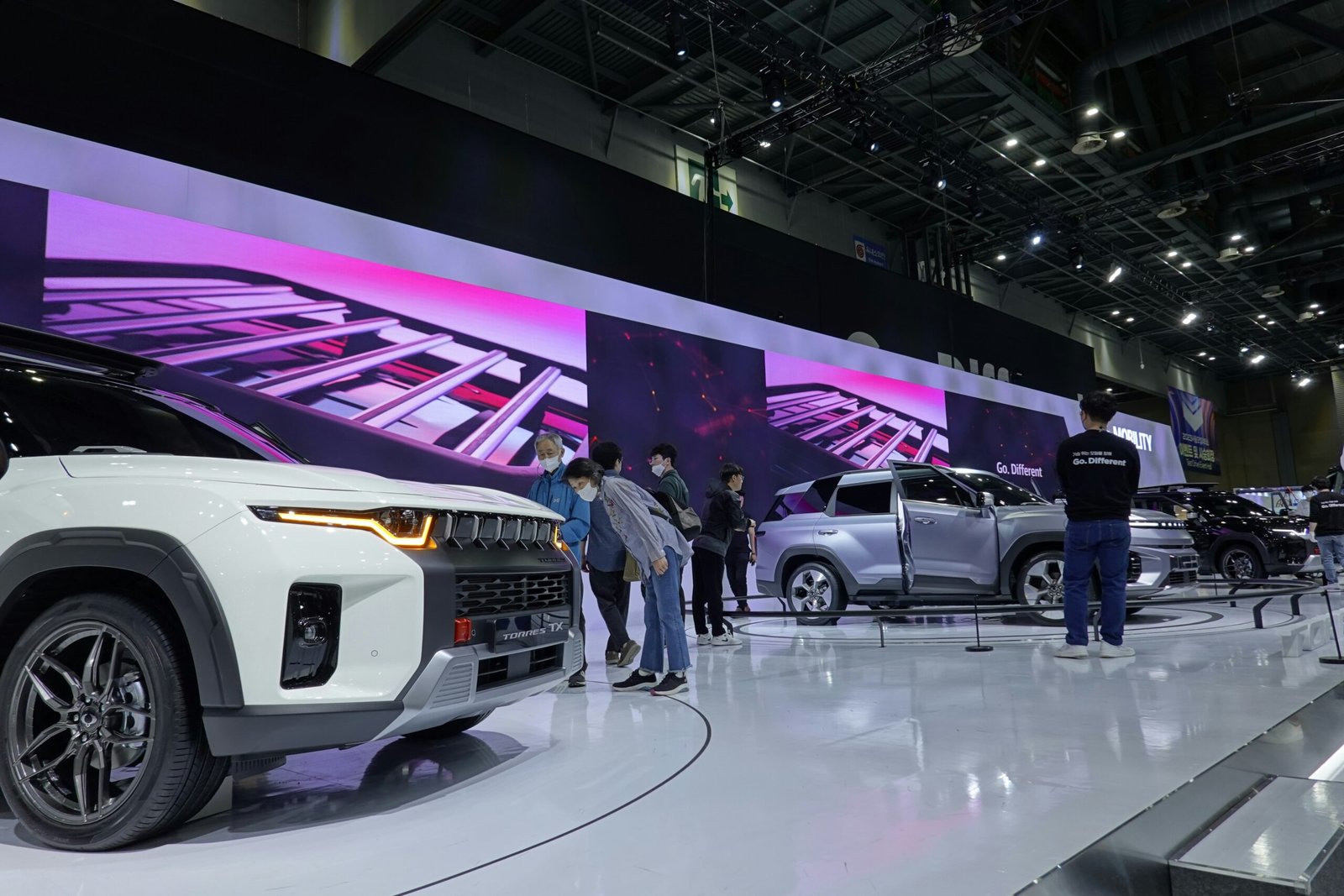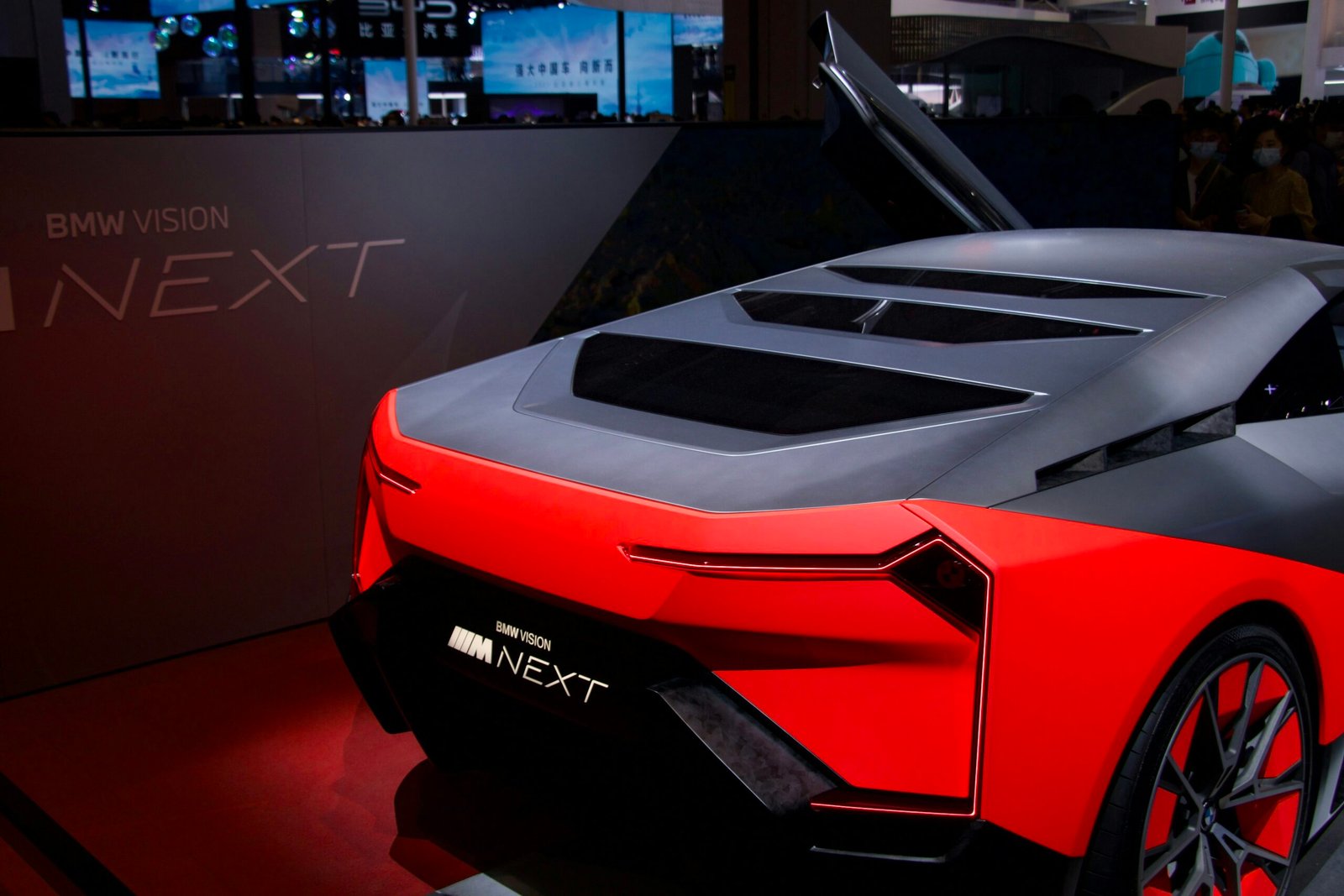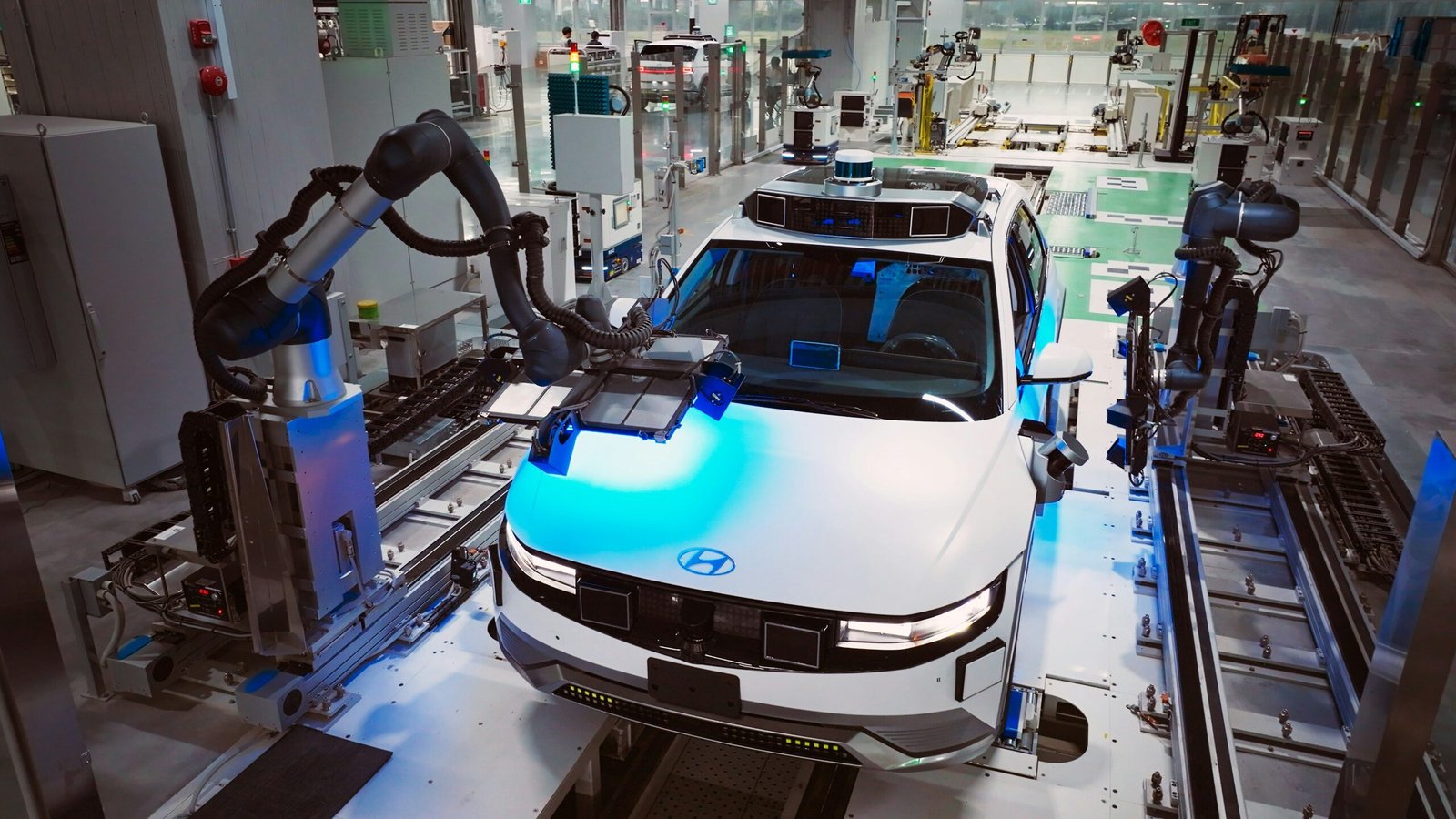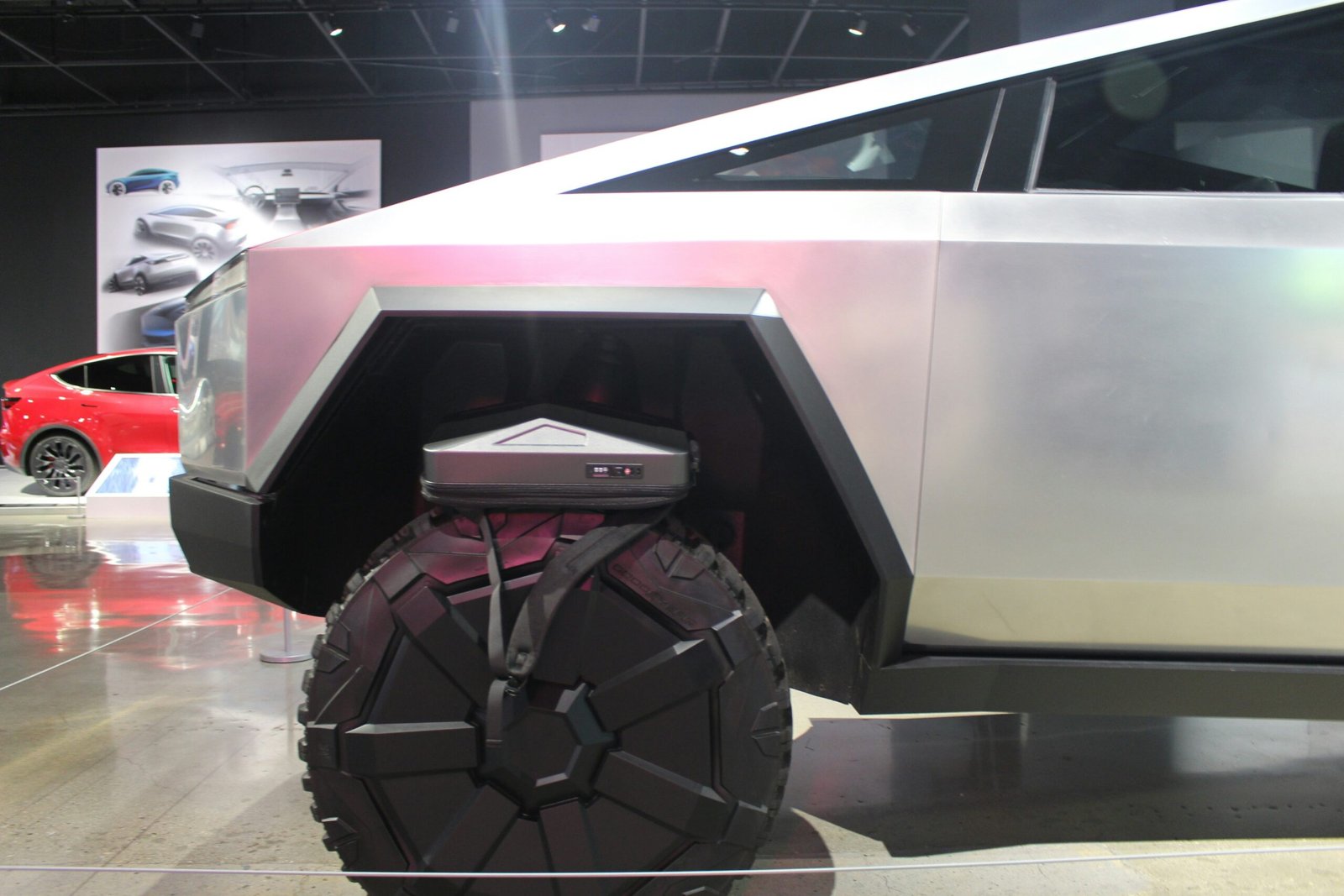Introduction to the Global Automotive Industry
The global automotive industry plays a crucial role in the world economy, contributing significantly to economic development, job creation, and global trade. Comprising manufacturers, suppliers, and various service providers, the industry produces millions of vehicles each year and accounts for a substantial portion of international commerce. As we enter 2023, the sector is undergoing rapid transformations driven by technological advancements, changing consumer preferences, and an increased emphasis on sustainability.
One of the primary challenges facing the automotive industry is the shift towards electric vehicles (EVs) and the need for sustainable practices. Governments worldwide are implementing stringent regulations aimed at reducing carbon emissions, prompting automotive manufacturers to invest heavily in research and development of clean energy technologies. This transition not only addresses environmental concerns but also aligns with the evolving demands of consumers who are now more aware of the ecological impact of their choices. In addition, advancements in automation and artificial intelligence are revolutionizing manufacturing processes and vehicle features, further redefining industry standards.
The survey aims to uncover key trends within the global automotive landscape, exploring how these developments affect manufacturers and consumers alike. It highlights the importance of adapting to shifting dynamics, particularly concerning mobility solutions and innovative technologies. Consumer preferences are pivoting towards more sustainable options, interconnected vehicle systems, and enhanced safety features. As a result, the automotive firms that embrace adaptability and invest in emerging trends will likely establish a competitive edge in this dynamic marketplace.
By emphasizing these aspects, the survey intends to provide insights that can guide stakeholders in making informed decisions amid the ongoing evolution of the automotive industry. The findings will contribute to a deeper understanding of the current state and the future trajectory of a sector that remains a cornerstone of global economic activity.
Key Findings from the Survey
The recent survey conducted within the global automotive industry reveals several pivotal trends that are influencing the landscape in 2023. A predominant theme identified is the accelerated adoption of electric vehicles (EVs). According to the survey, a striking 60% of consumers expressed a willingness to consider purchasing an electric vehicle within the next three years. This trend is supported by a deeper commitment from manufacturers towards sustainability, with 75% of respondents indicating plans to increase their electric vehicle offerings. As regulatory pressures mount and technology continues to evolve, it appears that electric mobility is not merely a trend but a fundamental shift in automotive manufacturing.
In parallel with the rise of electric vehicles, the integration of artificial intelligence (AI) and automation into the automotive sector is also noteworthy. Approximately 50% of industry experts participating in the survey pointed out that AI technologies are now integral in various stages of vehicle production and design. Enhanced predictive analytics, facilitated by AI, is contributing to more efficient supply chain management and improved customer insights. Furthermore, automation in manufacturing processes has increased productivity by an average of 30%, demonstrating a significant impact on overall operational efficiencies.
Changes in consumer behavior are another critical insight emerging from the survey. A notable 70% of respondents indicated a shift towards more online-based purchasing processes, highlighting the growing importance of digital engagement in automotive sales. Consumers now expect a seamless experience that transcends traditional showrooms, emphasizing the need for automakers to adapt their sales strategies. This shift prompts a reevaluation of marketing approaches, necessitating greater focus on online platforms and tailored customer interactions.
In essence, these findings underscore transformative trends within the automotive industry, spotlighting electric vehicle adoption, the incorporation of AI and automation, and evolving consumer preferences as key drivers that will shape future developments in manufacturing and sales.
Challenges and Opportunities in the Automotive Sector
The automotive industry in 2023 is navigating an increasingly complex landscape marked by a series of significant challenges and potential opportunities. Supply chain disruptions have emerged as a primary concern, largely influenced by global events and changes in consumer behavior stemming from the pandemic. These disruptions have hindered the timely production of vehicles, leading to delays and heightened costs. Manufacturers are now re-evaluating their supply chain strategies to enhance resilience and mitigate risks associated with future disruptions.
Another prominent challenge is regulatory hurdles. Governments around the world are enacting stringent regulations aimed at reducing carbon emissions and promoting sustainable practices. While these regulations drive the industry towards a greener future, they also impose significant compliance burdens on manufacturers. Navigating these regulatory frameworks requires not only adaptation but also considerable investment in R&D to meet the new standards. Understanding and implementing these regulations effectively is essential for manufacturers to remain competitive in this evolving marketplace.
Despite these challenges, there are abundant opportunities within the automotive sector. The shift toward electrification presents a substantial avenue for innovation, particularly in the development of electric vehicles (EVs). As consumer demand for eco-friendly transportation solutions continues to grow, automakers are harnessing advancements in battery technology and sustainable materials to revolutionize vehicle design and performance. This transition towards EVs not only responds to market demands but also aligns with global sustainability goals.
Furthermore, the automotive industry is witnessing rapid advancements in automotive technology, including the integration of automation, connectivity, and artificial intelligence. These innovations enhance functionality and user experience, offering manufacturers the chance to differentiate their offerings in a competitive landscape. As the industry grapples with various challenges, it is imperative for stakeholders to proactively seek opportunities that foster innovation and sustainability, ensuring long-term growth and resilience in the market.
Future Outlook: What Lies Ahead for the Automotive Industry?
The automotive industry is undergoing significant transformations driven by advancements in technology, shifting consumer preferences, and heightened concerns surrounding environmental sustainability. As we look toward the future, several notable trends are projected to shape the landscape of this sector in the coming years.
One of the most prominent developments is the continued rise of electric vehicles (EVs). As governments around the world implement stricter emissions regulations and offer incentives for cleaner technologies, automakers are prioritizing the production of EVs and investing substantially in battery technologies. The anticipated increase in EV adoption is expected to be accompanied by a broader charging infrastructure, making it easier for consumers to transition from traditional combustion engines to electric options. This transition not only aligns with global environmental goals but also signifies a fundamental shift in the automotive market.
Moreover, autonomous vehicles are anticipated to play a crucial role in the future automotive landscape. Advancements in artificial intelligence (AI), machine learning, and sensor technologies are propelling the development of self-driving cars. As these innovations mature, we may witness a growing acceptance of autonomous vehicles among consumers, ultimately redefining transportation and mobility. The integration of such technology promises to enhance safety, improve traffic efficiency, and reduce congestion on roadways.
Furthermore, the role of technology in enhancing user experience cannot be overlooked. In the coming years, we can expect greater connectivity, with vehicles becoming more integrated with digital services. Innovative features such as advanced driver-assistance systems (ADAS), infotainment systems, and in-car connectivity will create a more seamless experience for drivers and passengers alike. This technological evolution aims to cater to the increasingly tech-savvy consumer base while addressing their desires for convenience and safety.
In conclusion, the automotive industry is poised for a transformation driven by electric vehicles, autonomous technologies, and enhanced connectivity. These factors are expected to not only reshape the industry but also align with global sustainability goals, offering a promising outlook for the future of the automotive landscape.










